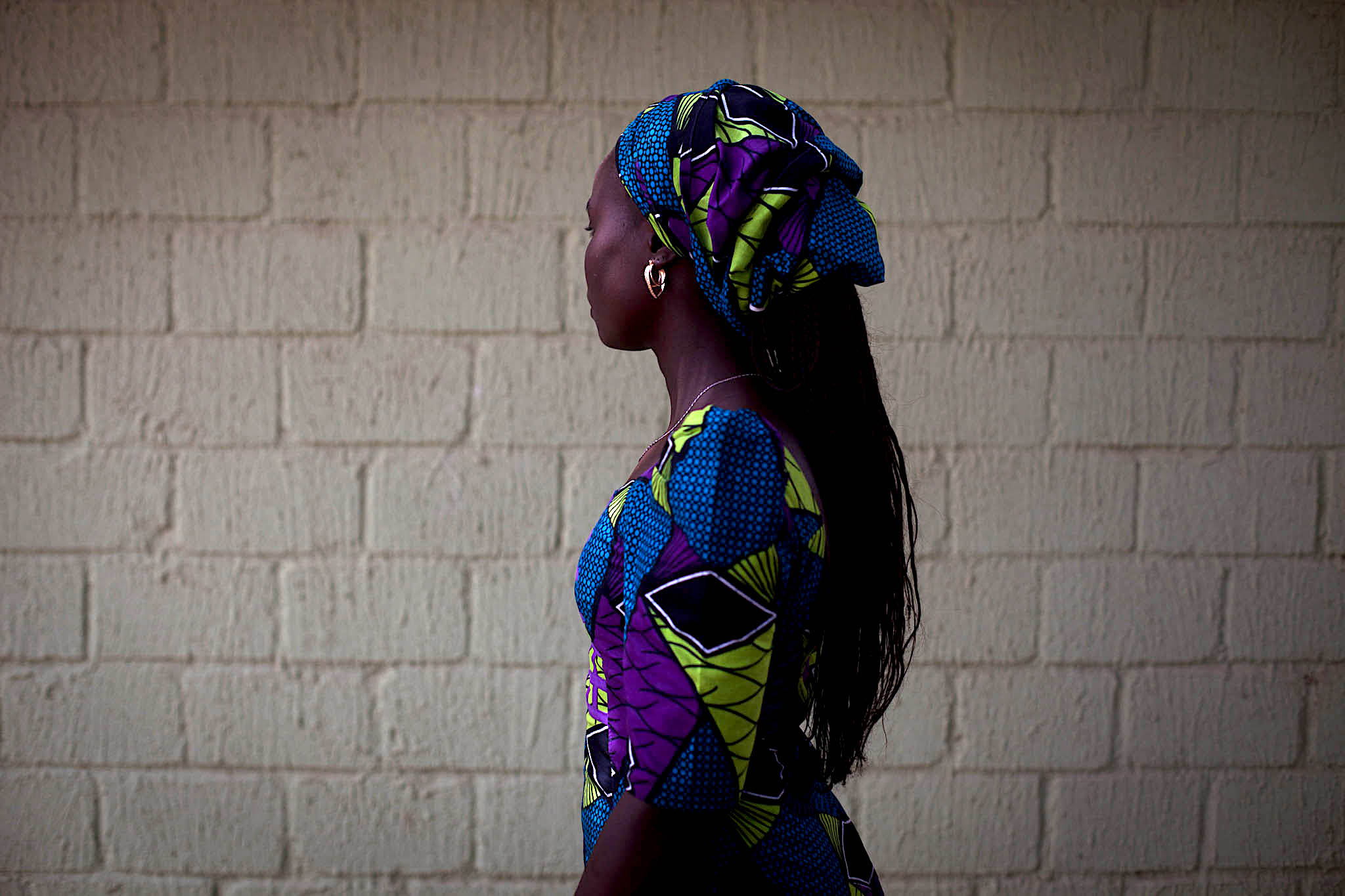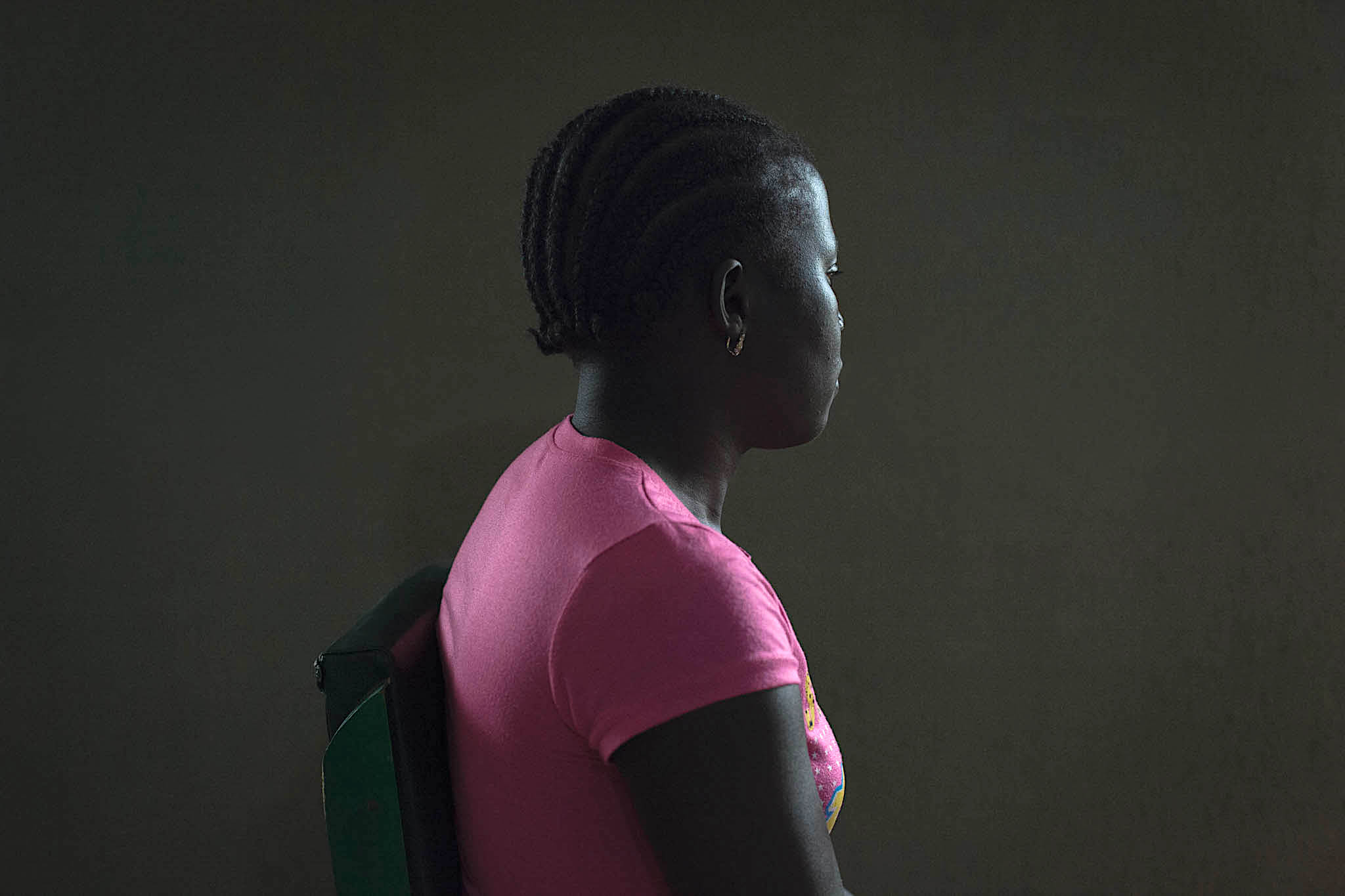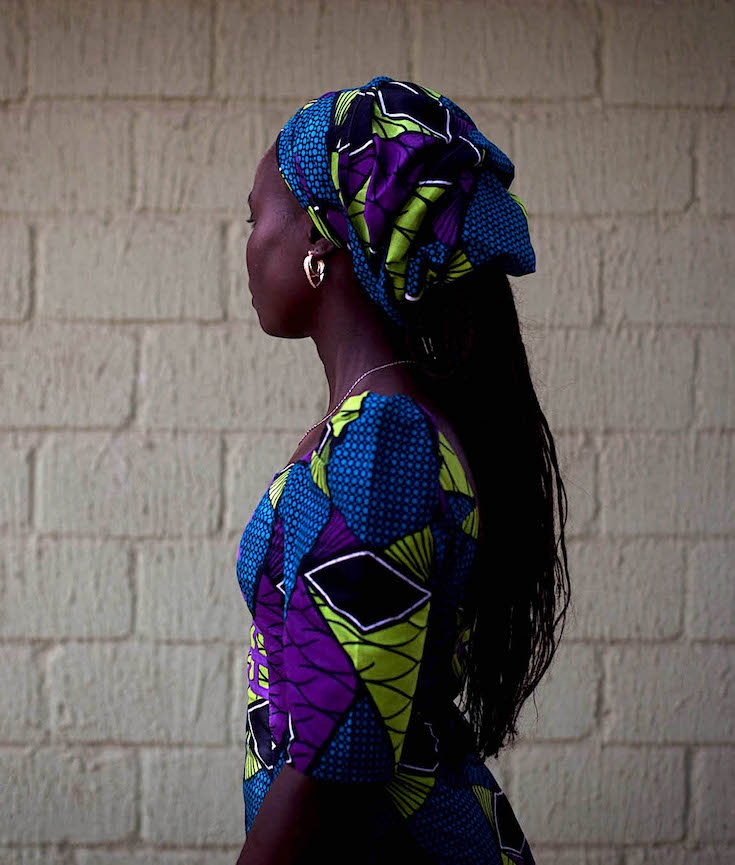The government freed five top Boko Haram commanders in the deal, said Sen. Shehu Sani, who was part of the negotiating effort.
“There’s no price too high to pay,” Sani said.
The released girls were received at the airport on behalf of President Muhammadu Buhari by Alhaji Abba Kyari, his chief of staff.
“Welcome our girls, welcome our sisters,” Kyari said to the girls, who sat quietly in chairs. “We are very glad that you are back, and every Nigerian today must be forgetting every other hardship and suffering, because this is a very joyous moment. Welcome, welcome, welcome.”
[mc4wp_form id=”6042″]



Boko Haram, referred to by themselves as al-Wilāyat al-Islāmiyya Gharb Afrīqiyyah (Islamic State West Africa Province, ISWAP), and Jamā’at Ahl as-Sunnah lid-Da’wah wa’l-Jihād is an Islamic extremist group based in northeastern Nigeria, also active in Chad, Niger and northern Cameroon. The group was led by Abubakar Shekau until August 2016, when he was succeeded by Abu Musab al-Barnawi. The group had alleged links to al-Qaeda, but in March 2015, it announced its allegiance to the Islamic State of Iraq and the Levant (ISIL). Since the current insurgency started in 2009, it has killed 20,000 and displaced 2.3 million from their homes and was ranked as the world’s deadliest terror group by the Global Terrorism Index in 2015.
After its founding in 2002, Boko Haram’s increasing radicalization led to a violent uprising in July 2009 in which its leader was summarily executed. Its unexpected resurgence, following a mass prison break in September 2010, was accompanied by increasingly sophisticated attacks, initially against soft targets, and progressing in 2011 to include suicide bombings of police buildings and the United Nations office in Abuja. The government’s establishment of a state of emergency at the beginning of 2012, extended in the following year to cover the entire northeast of Nigeria, led to an increase in both security force abuses and militant attacks. (Wikipedia).


You must be logged in to post a comment.